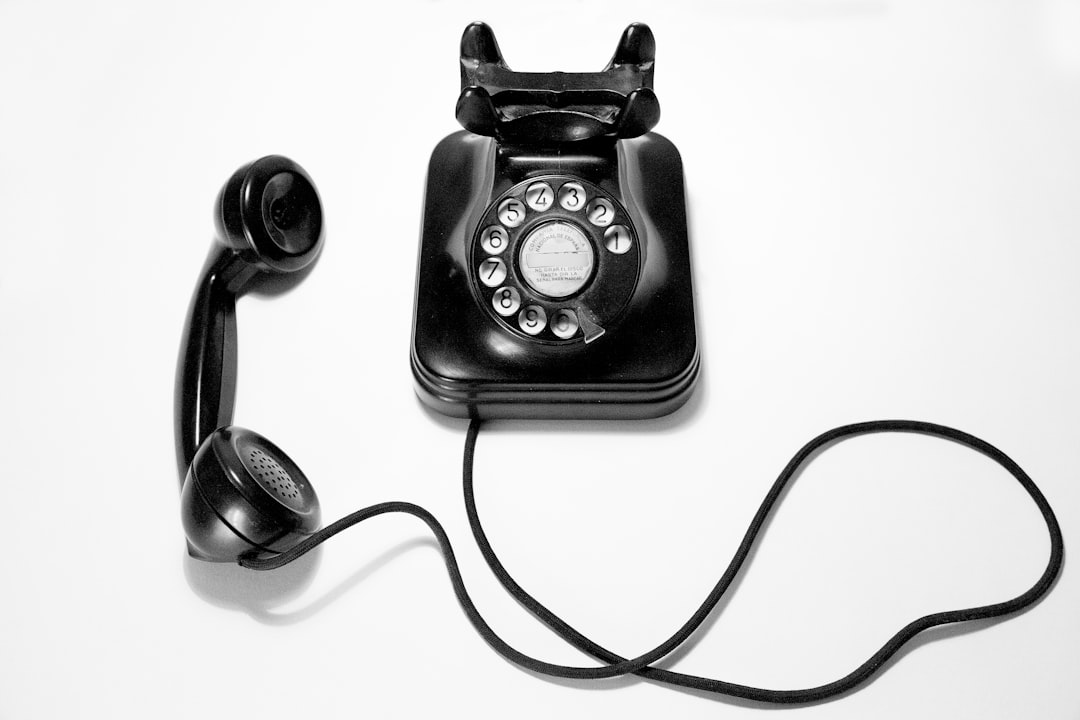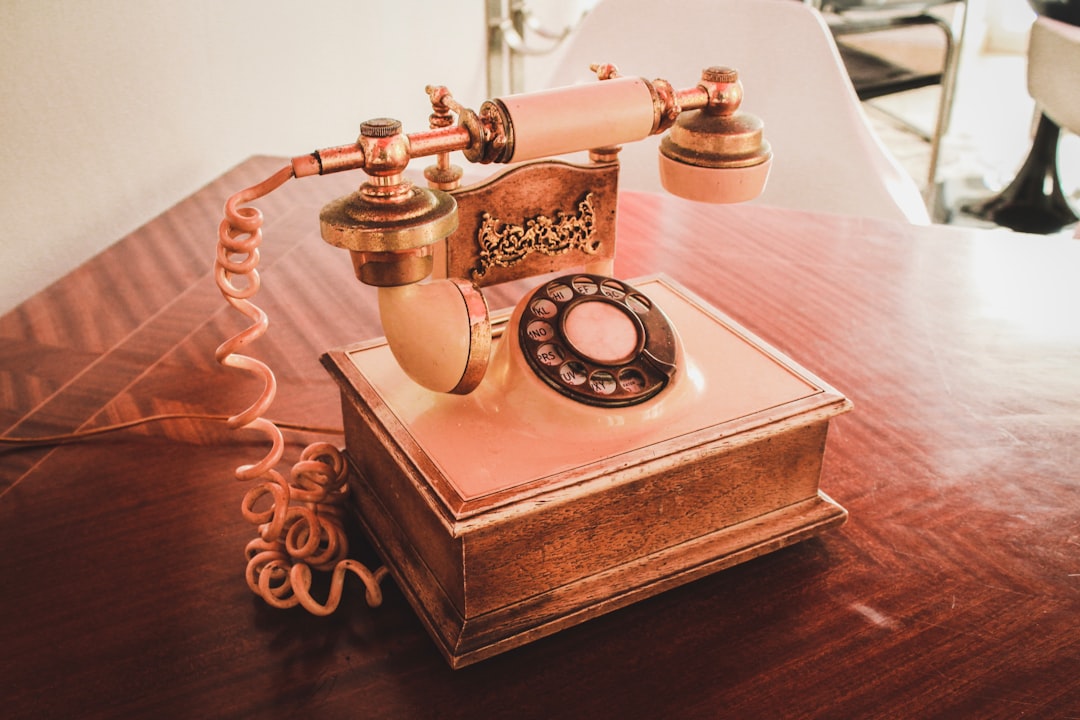Robocalls are regulated in Florida by the Telephone Consumer Protection Act (TCPA) and other state laws. If you receive unsolicited or harassing automated calls, you may have legal options, including suing for robocalls under the TCPA. Contact a specialized spam call law firm or lawyer in Florida to determine liability, seek compensation for privacy rights violations, block calls, and enjoin further harassment.
In the digital age, robocalls have become a ubiquitous yet nuisance. Understanding Florida’s robust spam call laws is crucial, especially in bustling Jacksonville. This guide navigates the complexities of robocall regulations under the Telephone Consumer Protection Act (TCPA) and your rights as a Florida resident. Learn when it’s legal to receive automated calls and explore options for taking legal action if you’ve been harmed by unsolicited calls. Contact a spam call law firm in Florida with experts on Can I Sue For Robocalls Florida to protect your rights today.
What Are Robocalls and How Are They Regulated in Florida?

Robocalls, or automated phone calls, have become a ubiquitous yet often nuisance aspect of modern communication. In Florida, these automated messages are regulated by state and federal laws designed to protect consumers from unsolicited and unwanted calls. The Telephone Consumer Protection Act (TCPA) is the primary federal law governing robocalls, with strict rules on how businesses can contact consumers.
In Jacksonville, Florida, as in the rest of the state, robocalls are subject to specific regulations. If you receive a spam call, you may have legal recourse under the TCPA and other state laws. Consumers can take action against companies making unsolicited or harassing calls by filing a complaint with the Federal Trade Commission (FTC) or seeking legal counsel from a Spam Call Law Firm or lawyer specializing in TCPA cases. There are significant financial penalties for violators, which makes it possible to sue for robocalls in Florida and seek compensation for each violation.
Understanding the Telephone Consumer Protection Act (TCPA)

The Telephone Consumer Protection Act (TCPA) is a federal law designed to protect consumers from unwanted and abusive telephone marketing practices. It’s a significant piece of legislation that has a direct impact on how businesses can contact individuals, especially regarding robocalls in Florida. Under the TCPA, it is illegal for companies or organizations to make automated calls without prior express consent, often known as “robocalls.” These prerecorded or artificial messages are typically used for marketing purposes and can be extremely intrusive.
If you’ve received spam calls or robocalls in Florida, you may have grounds to take legal action. The TCPA allows consumers to sue for damages if they believe their privacy rights have been violated. A spam call law firm or lawyer specializing in the TCPA in Florida can guide you through your options and help determine if you can sue for robocalls. These legal professionals ensure that businesses adhere to the strict rules outlined in the TCPA, protecting consumers from unwanted telephone marketing.
When Is It Legal to Receive Robocalls?

In Florida, like many other states, there are strict laws governing robocalls, particularly those classified as spam. While some robocalls are permissible under certain circumstances, the Telephone Consumer Protection Act (TCPA) heavily restricts automated calls for marketing purposes. It is generally legal to receive robocalls if you have given explicit consent or if the caller has an established business relationship with you.
If you’re being bombarded with unwanted spam calls, it’s important to know your rights. A spam call law firm or lawyer specializing in TCPA cases in Florida can help you understand when you have a valid claim and guide you through potential legal recourse, including seeking damages for each violation, blocking future calls, and enjoining the offending party from further harassment.
Your Rights as a Florida Resident Against Spam Calls

As a Florida resident, you have rights when it comes to unwanted spam calls. The Telephone Consumer Protection Act (TCPA) is a federal law designed to protect consumers from receiving prerecorded or automated telephone calls unless they give explicit consent. If you’ve been subjected to robocalls in Jacksonville, Florida, knowing your rights is essential.
If a spam call law firm or lawyer in Florida has violated your TCPA rights by calling you without permission, you may be able to take legal action. You could potentially sue for damages, which may include monetary compensation for each violation, and seek injunctive relief to stop the calls from continuing. A spam call lawyer or law firm specializing in TCPA cases can help guide you through this process and advocate on your behalf to ensure your rights are protected.
Taking Legal Action: Can I Sue for Robocalls in Jacksonville, FL?

If you’re receiving unwanted robocalls in Jacksonville, Florida, you might be wondering if you have any legal recourse. The good news is that there are laws in place to protect consumers from spam calls, and you may be able to take legal action. In Florida, the Telephone Consumer Protection Act (TCPA) prohibits automated or prerecorded telephone solicitations unless the caller has obtained prior express consent from the recipient.
If a robocall violates this law, you could have a case against the caller. Contacting a spam call law firm or lawyer specializing in TCPA cases in Florida is your first step. These professionals can help determine if the robocalls you’ve received are illegal and guide you through the process of seeking compensation for any harm caused by the unwanted calls, such as emotional distress or wasted time. Don’t hesitate to take action; there’s no need to put up with nuisance calls, and you may be entitled to relief under Florida’s spam call laws.






